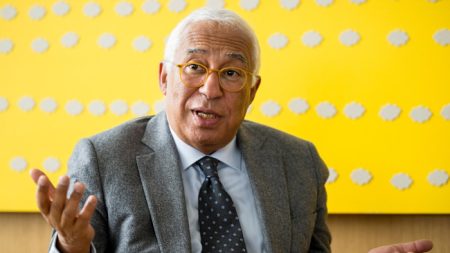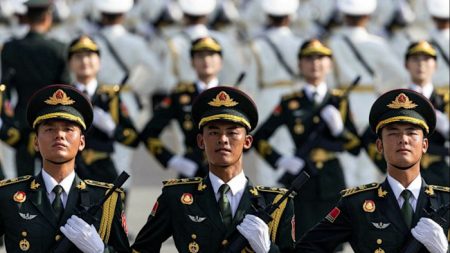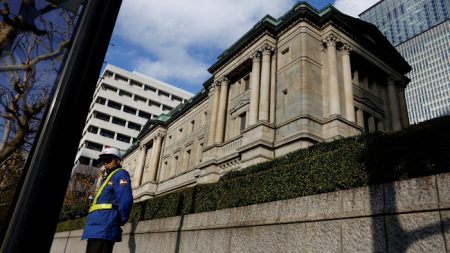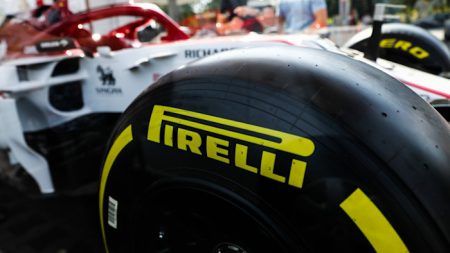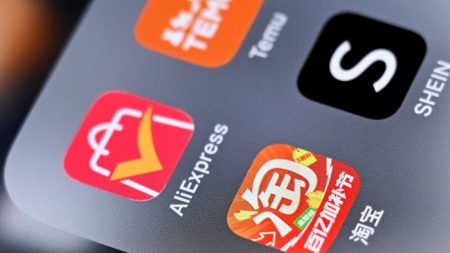Unlock the Editor’s Digest for free
Roula Khalaf, Editor of the FT, selects her favourite stories in this weekly newsletter.
Luxury clothing sales platform Yoox Net-a-Porter is closing its China operations, highlighting its struggle to compete in a vast ecommerce market where high-end retailers face a weaker economic backdrop.
The decision was made “in the context of a global Yoox Net-a-Porter plan aimed at focusing investments and resources on its core and more profitable geographies”, said a spokesperson for Richemont, the Swiss luxury group that owns the retailer.
Yoox Net-a-Porter operated in China under a joint venture with Chinese ecommerce group Alibaba, which will be liquidated, according to a person familiar with the matter.
Profitability in China’s luxury market, a crucial source of sales for major international groups, has come into sharp focus this year as a prolonged property slowdown and lagging consumer demand have weighed on the world’s second-largest economy.
François-Henri Pinault, chair of French luxury group Kering, in April pointed to “sluggish market conditions, notably in China” as a factor in its worsening performance in the first quarter.
Gucci, one of the group’s main brands, has suffered flagging sales in the mainland, where growth at LVMH, the world’s largest luxury group, has also come under pressure, though other brands such as Hermès have defied the gloom.
Net-a-Porter, which launched in London in 2000 and became well-known in Europe as an online platform for luxury clothing, merged with Italy’s Yoox in 2015. It entered China in 2013 and the combined group’s owner, Richemont, in 2018 entered a partnership with Alibaba to “bring its retail offerings . . . to Chinese consumers”. At that time, it said it distributed 950 luxury brands in the country.
A year later, YNAP launched a store on Tmall, an ecommerce platform owned by Alibaba and the largest of its kind in China.
Jacques Roizen, managing director at Shanghai-based consultancy Digital Luxury Group, said that the business model “never really made sense in the Chinese consumer market dominated by Tmall and JD[.com]”, referring to Alibaba’s chief competitor, adding that Alibaba “invested in the joint venture to enhance its luxury credentials”.
Richemont has been seeking to offload its majority stake in YNAP for years, but a sale to online rival Farfetch fell through at the end of 2023.
Last month, the Swiss luxury group, which also owns brands including Cartier and Van Cleef & Arpels, said that “discussions are ongoing with potential buyers” and that it “expects to be in a position to disclose more before the end of the year”.
China’s wider retail market has also showed signs of pressure. Uniqlo, which has grown dramatically in the mainland over recent years, is scaling back new store openings from 80 to 55 this financial year, its parent company Fast Retailing said.
In the luxury market, Roizen suggested that ultra-high end brands were more resilient to economic pressure.
“The brands that have been fuelling their growth with the rise of the middle class are the ones that are exposed to the current economic environment in China,” he said.
Read the full article here





